
Think of intelligence as a way to understand the world—in this case, the world and underworld of terrorist threats and actors.
Now, consider what you'd do if you learned—as our New York Joint Terrorism Task Force did last January—that there was a plot germinating to attack J.F.K. airport.
Sure, you'd want to gather enough information to stop the attack and
And so our New York anti-terror task force took that first morsel of intelligence and began to mine it. Within six months, we had a source working to get information first-hand from the suspects. We watched as the plot unfolded—who got involved, what their strategies and capabilities were, how they scoped out the target and reached out overseas for potential money and support. For 18 months we learned as much as we could about the players and their connections before four suspects were arrested in New York, Trinidad, and Guyana in early June.
"Intelligence drove this investigation, no question," says Amy Lopes, supervisory intelligence analyst in New York. "We did a tremendous amount of intelligence work before we made the arrests. We wanted to see who and what these guys knew."
The diversity of expertise in the task force made the operation much more successful than it would have been otherwise, says Lopes. "We called on whoever was in the best position to fill in a particular gap in our understanding or to run down a certain piece of information."
The end result was not only a prevention of a potentially serious terrorist strike on the airport and its fueling systems, but big picture insights into the ever morphing terrorist threat, especially as it plays out in our own backyard.
"This wasn't a plot hatched by some discontented Middle Easterners," Lopes points out. "The alleged mastermind was an American citizen who became radicalized around religion. When he did reach out for money, support, and equipment he didn't go far—he turned to contacts on our side of the pond, in the Caribbean and in South America." That included an extremist organization called Jamaat Al Muslimeen, which had plotted a deadly coup in Trinidad in 1990.
"The threat is forever changing," Lopes continues. "Intelligence is what gives us our edge, our crystal ball if you will. We've seen terrorism become more localized, more homegrown since 9/11. What shape will it take tomorrow? That's what we have to be continually on the look out for."
And so the nation's longest-running joint terrorism task force has refashioned itself anew, marrying up investigative and intelligence disciplines. "There's a saying here, "Intelligence drives investigations…and investigations drive intelligence,'" Lopes says. "That's so true. The two feed off each other. It's creating a synergy that's making New York and America safer."

















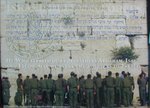

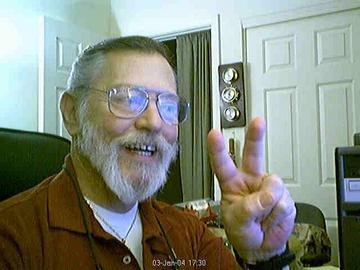






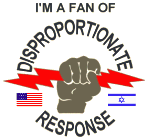
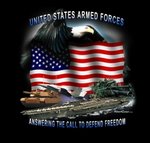




 While doing IDF (Israel Defence Forces) reserve duty on a mountain overlooking the
While doing IDF (Israel Defence Forces) reserve duty on a mountain overlooking the 

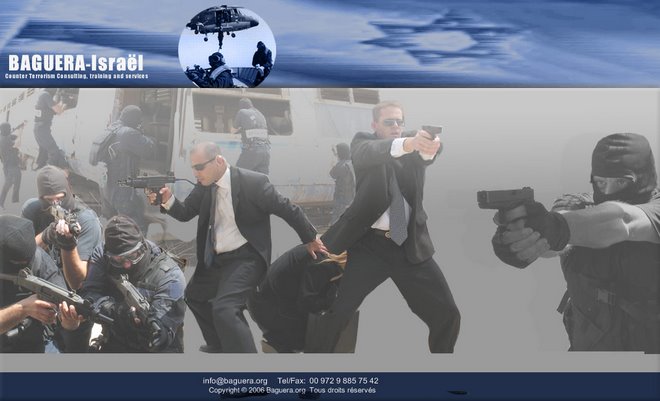



No comments:
Post a Comment